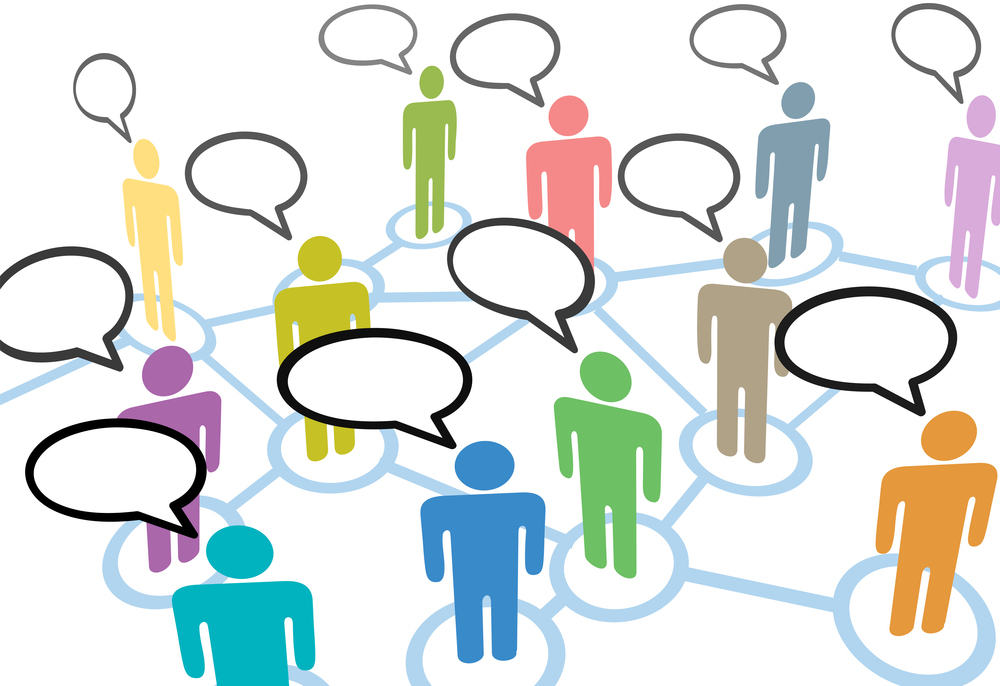Almost from the time you’re born, music plays an integral role in daily life. Parents sing their newborn infants to sleep; special songs are an essential elements of special occasions from holidays to birthdays to weddings to funerals; background music enhances meals, shopping, and entertainment; fitness classes use music to create energy. It’s almost impossible to imagine a life without music, isn’t it?
A wealth of research has shown that music has an influence on so many aspects of our lives. Music can change the way you feel, both physically and emotionally. Music can impact spending habits, productivity and the way you see the world.
Because my practice is devoted to helping women live their healthiest lives, I’m particularly interested in what the research says about how music can impact health. Can music help you heal, both physically and emotionally, so you can feel your best? Let’s take a look.
Music and Immunity
It’s probably no surprise that certain kinds of music can make you feel happier. Most of us have, at one time or another, cranked up some music to get ourselves out of a funk. We’ll talk more about the impact of music on emotions in a minute.
What you might not have thought much about is the impact music could have on your actual physical health. Music therapy is becoming more widely accepted, for both emotional and physical applications. Research backs up the idea that engaging with music can help you heal.
A 2011 review of research published in Trends in Cognitive Sciences found that music can boost immune functioning. The results showed both immunoglobulin A, an antibody important to immunity of the mucous system, and natural killer cell (the kind that attack harmful germs and bacteria) counts were increased with music exposure. While the authors state that more research is necessary to draw strong conclusions, I think that the mere possibility that music can strengthen your immune response is promising.
The Impact of Music on Anxiety and Pain
Anxiety has real, physical symptoms that can be difficult to manage. Reducing anxiety, therefore, can reduce pain sensations and the need for the use of painkillers.
That same review detailed studies which have shown that music can be an effective tool in helping patients deal with both anxiety and physical pain. Patients undergoing a variety of medical procedures who listened to music after surgery had lower levels of anxiety and decreased need for pain medication.
A 2006 review of 51 studies that evaluated the effect of music on pain in children or adults found that patients experiencing acute postoperative pain who were exposed to music reported pain intensity .5 units lower on a ten-point scale. These studies also revealed that patients exposed to music required 18.4 % less morphine two hours after surgery than those who were not, and 15.4% less 24 hours after surgery.
Another study looked at the prevention of anxiety before surgery. Subjects were either given a sedative or a relaxing playlist designed by a licensed music therapy. The results showed that those who received the music intervention had significantly lower levels of anxiety, indicating that music may be an effective alternative to prescriptions.
Music and pain share neurological pathways, and since music can evoke memories and emotions that need to be processed, it can change the perception of pain. Music also engages the autonomic nervous system, which regulates breathing and heart rate. That’s why focusing on soft, slow music can promote relaxation and reduce anxiety.
Happy Music, Happy Feelings
Emotional responses to music are so common that it’s unlikely you haven’t experienced it yourself at one time or another. Have you ever been at a concert and been moved to tears? Or felt an immediate sense of nostalgia when a song from your teen years comes on?
There are many theories on how and why music evokes such emotional reactions. Some say it’s about the memories the music brings up, and the way you felt when experiencing that prior event. Others propose that there’s a natural inclination to sync our body movement to rhythm, and the way we move can also impact how we feel.
Music is also connected to reward systems, and promotes the production of oxytocin and serotonin, which are natural mood boosters.
A 2017 study found that listening to happy music helped participants recall positive memories, which sad or scary music brought up mainly negative memories. Another study in 2010 found that music perceived to be “happy” (ie, faster and played in a major key) raised happiness ratings, and music perceived to be “sad” (slower and in minor key) elevated sadness ratings. When music was sending mixed cues, the emotional responses were also mixed.
That suggests that we may be able to help ourselves feel happier simply by playing upbeat music. I know it works for me!
Music Can Help Reduce Stress
Stress has such an enormous impact on physical and mental health that my first piece of advice to patients is often to find ways to reduce the stress in their lives. Chronic stress leads to constantly elevated levels of cortisol, which can lead to a number of major health consequences.
In that 2006 review of studies, the authors discovered that music interventions reduced cortisol levels, prevented stress-induced increases in heart rate and systolic blood pressure, and decreased serum cortisol levels in post-operative subjects.
Related article: Is Personal Stress Keeping You Down? What You Need to Know About Stress and Health
More recent studies also support the idea that music may be effective in reducing stress. A 2013 study found that listening to music before facing a standardized stressor had an impact on both the autonomic nervous system, and, less significantly, the endocrine and psychological stress response.
In 2016, a study demonstrated that live music created a measurable drop in cortisol, as well as other hormones. While the sample for this study was small (117 participants), it’s encouraging to have evidence that attending musical events can help mitigate stress.
Research has also found that music can improve the quality of sleep in participants with chronic sleep disorders. Sleep quality is an important factor in stress reduction, so if music can promote high quality sleep, that’s one more way it can have an impact on stress.
Music is a Natural Way to Promote Good Health
I am constantly looking for natural ways to help my patients manage their health. Music is a non-invasive, risk-free tool for managing stress, anxiety, and emotional well being.
One of the biggest challenges women talk about when I suggest finding ways to reduce stress is fitting one more thing in. But music can be easily added to your daily routines, making it a perfect tool. Getting ready in the morning, driving to work, doing household chores or getting ready for bed – all are great options for adding a musical boost to the day.
Specific types of music won’t have the same impact on everyone – we are all individuals, after all. But there’s no harm in giving music a try when you need a little pick me up. So crank up your favorite tunes and sing along – I’m willing to bet you’ll find yourself smiling!
Resources:
https://www.scienceofpeople.com/scientific-benefits-music/
https://psychcentral.com/lib/the-power-of-music-to-reduce-stress/
https://www.cnn.com/2019/02/08/health/music-brain-behavior-intl/index.html
https://edition.cnn.com/2019/02/08/health/music-used-in-healing-intl/index.html
https://www.cnn.com/2013/04/15/health/brain-music-research/index.html
https://www.verywellmind.com/how-to-use-music-for-stress-relief-3144689
https://www.psychologytoday.com/us/blog/science-choice/201807/why-are-we-moved-music







